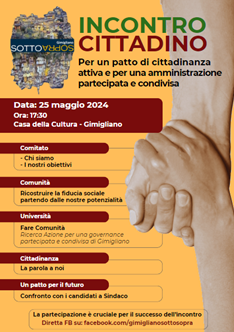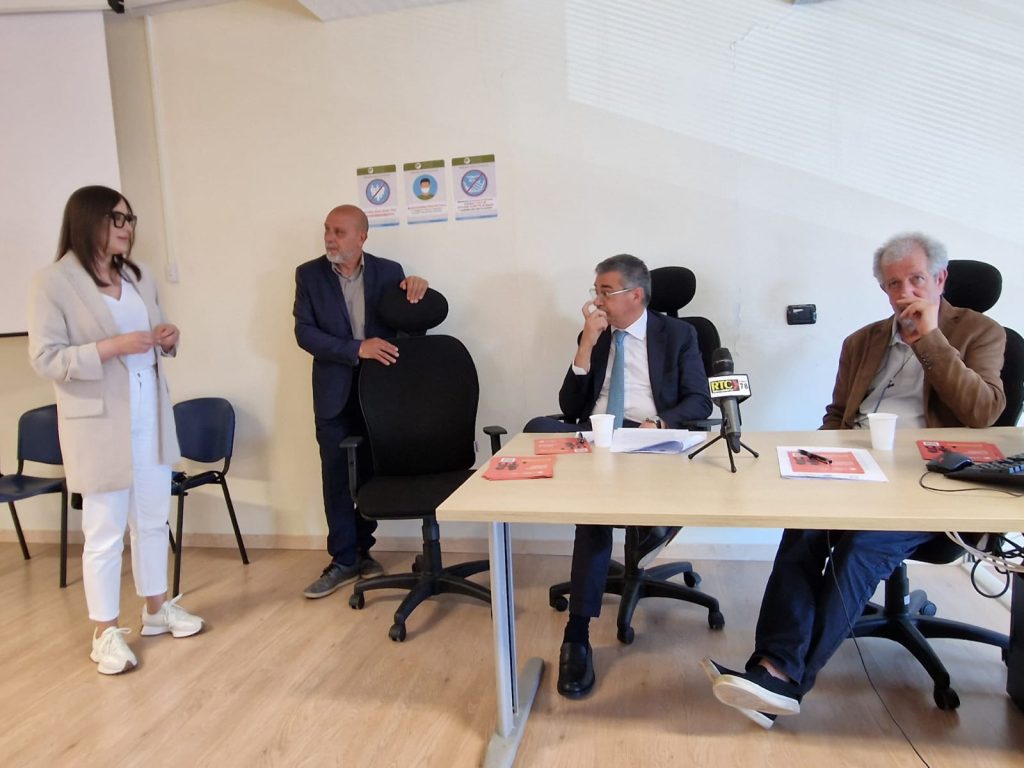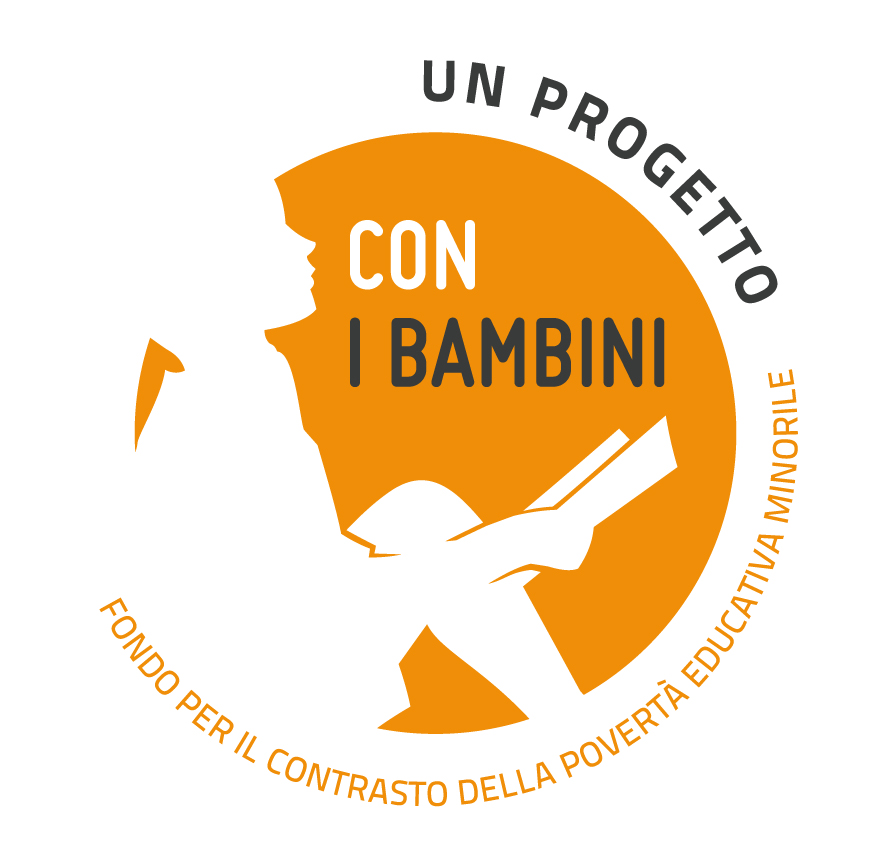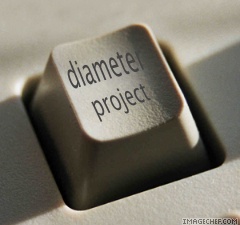by Cleto Corposanto, Julio Echeverría, Massimo Fotino, exclusive for The diagonales
The story of Covid19, which by now keeps us tied to thinking about the future of humanity and which at times, in almost surreal tones, seems to cancel, resize or in any case pause the sphere of the present, shows itself as a structure composed of dichotomies. In front of them, the social sciences are called to intervene in first person and necessarily in a new way. After the predominance of the medical-clinical thought, in particular virological and epidemiological; after the impotence of the cold and surrendered economic-financial thought which was already accompanied by a deep and perhaps definitive degradation of the post-industrial and productive era – linked to world trade and to the ways of using labour- it is evident that without the contribution of sociological thought we can neither understand nor face the global and collective consequences of the pandemic.
The virus has shown to be an agent with stronger impacts than any social or geopolitical power player. In fact, it has allowed a necessary and productive dialogue between the humanities and the so-called exact sciences, in this case between Sociology and Health Sciences. For this reason, dialogue is fundamental and gives the Social Sciences fundamental vigour and presence, particularly in designing the senses of the new structures of collective relations.
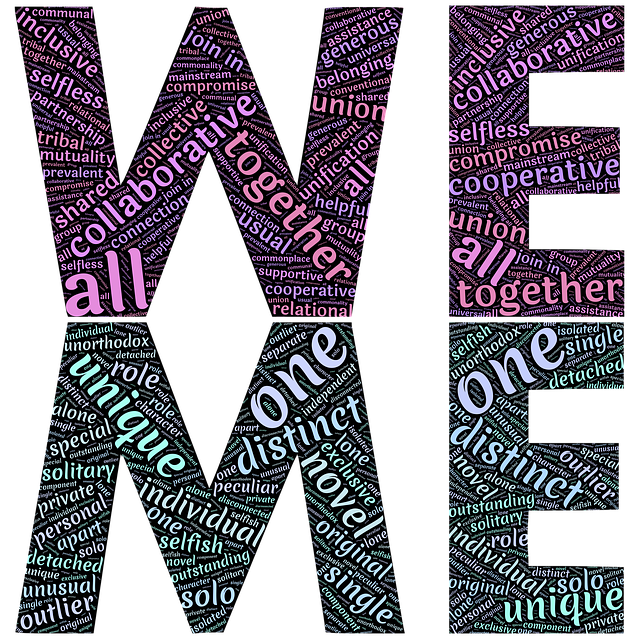
The interpretation of the virus as a pathology that breaks in to damage a normal situation, of health, of the social body must be reviewed. However, that pathology represents the apical point of an unhealthy condition of social life that from our point of view opens at the same time to the possibility of its restructuring.
There is no doubt that the real sick today is not only the population affected or potentially exposed to contagion, but the social body itself, that for a long time it will find itself obliged to rethink the meaning and characteristics of the “social relationship”. This makes of that sick person an in-fermus, as such weak, defenseless and immobilized at a point of fracture of interaction, understood as an expression endowed with meaning, as well as like predominance of the possibilities of action on mutual social behaviour and attitudes.
A world of dichotomies
The strong divisions that have suddenly revealed themselves and that in the near future will dramatically worsen, are the testimony of an epochal turning point of society and above all of what semantics calls integration between meaning (Sinn) and definition (Bedeutung), according to the classic definition of Frege 1. Formulated on the sociological
side, this means the necessity of a restructuring of social action as until now has been conceived so far in western culture
What we have in front of us is a world crossed by dichotomous conditions. That is to say, a set of conflicting and contradictory tensions of the entire social body, which ineluctably push science to question itself not by univocal thematic addresses but by looking for a “space of manoeuvre”, within the phenomena that the pandemic has, so to speak, split into difficult to solve binomies, which will last at least until a new content of meaning is born – if it is born.
In this essay we will treat, in a non-hierarchical way, the most relevant conceptual passages of these dichotomies and we will advance the hypothesis of a possible working method for a regeneration of the sense content of social relations.
Research
In order to examine the aspects related to the way the Covid19 post presents itself, or the image it will present itself, in the various geographical areas, The diagonales has promoted a call for authors, gathering experts, academics, journalists and professionals asking them to photograph the reality of their countries on this issue and imagine the possible scenarios of our social life.
To read the complete essay/call, edited by Professors Cleto Corposanto and Massimo Fotino (for Magna Grecia University in Catanzaro, Italy) and Julio Echeverría (for the Central University of Ecuador) click here:
How to participate
To access the area reserved for authors, instead, open this link: www.diagonales.it/community
For information: info@diagonales.it
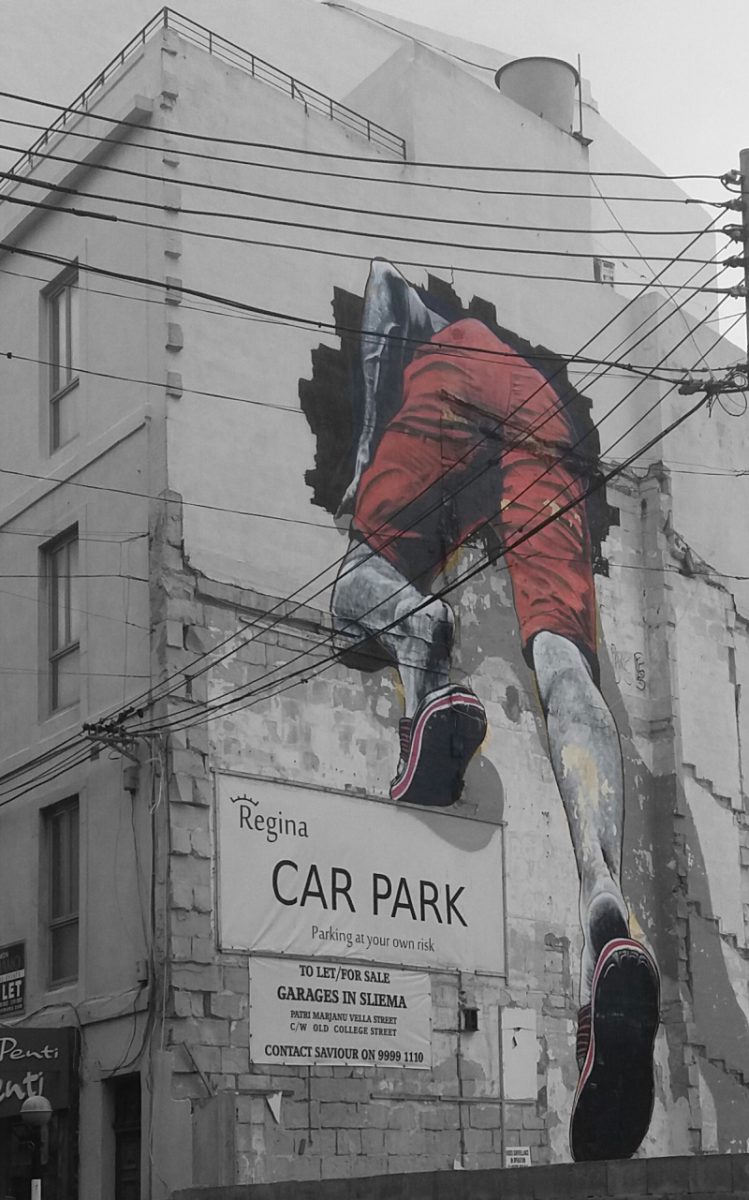
PROMOTERS
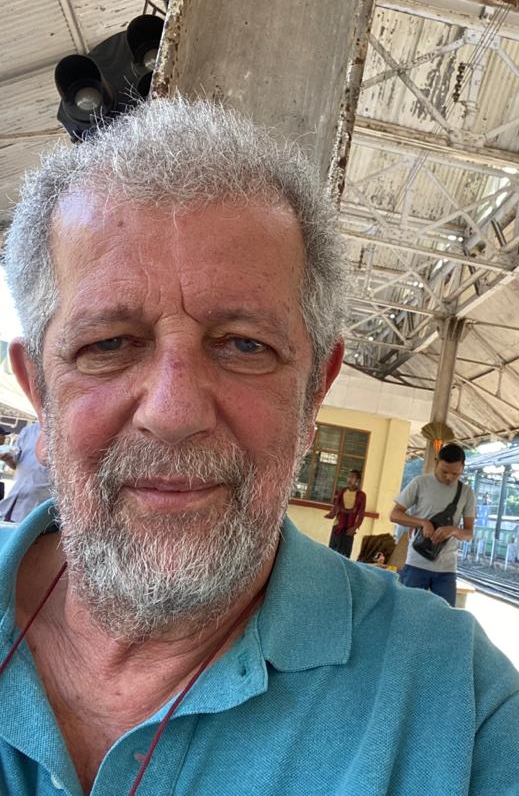 | Cleto Corposanto Italian, professor of The University “Magna Graecia” of Catanzaro, South Italy. He deals with issues related to the Method research and Health/disease. He has more than 200 publications between books and scientific articles. Former national coordinator AIS – Health and Medicine, He founded and coordinates the Degree Course in Sociology of UMG of Catanzaro. |
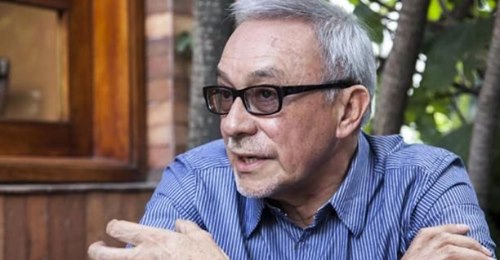 | Julio Echeverría Ecuadorian, professor at the Central University of Ecuador, he taught “Sociology of Complex Systems” and “Theory of Culture and Urbanism”. He was director of the “Instituto de la Ciudad”, a body responsible for research and knowledge production in the city of Quito. Among his recent publications: Ensayo sobre la política moderna (UASB, 2018), Ciudad y Arquitectura (Trashumante, 2019). |
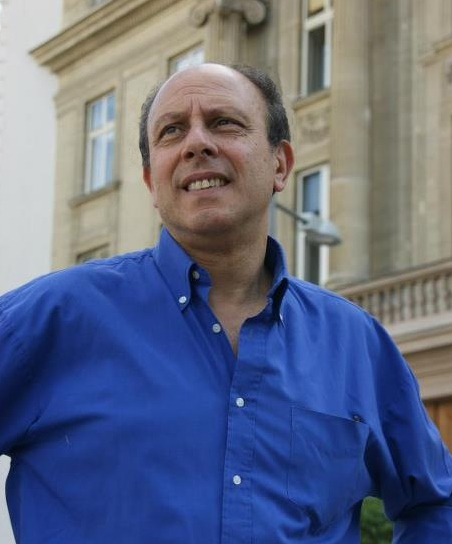 | Massimo Fotino Italian, professor of “Social Project Management” at The University “Magna Graecia” of Catanzaro, South Italy. In the past has been Director of “Cerisdi Centro di Ricerche e Studi Direzionali” in Palermo. Professional journalist, he is founder and inspirator of the Diagonal Associations network and the platform The diagonales. Is about to publish “The Social project Designer”. |


